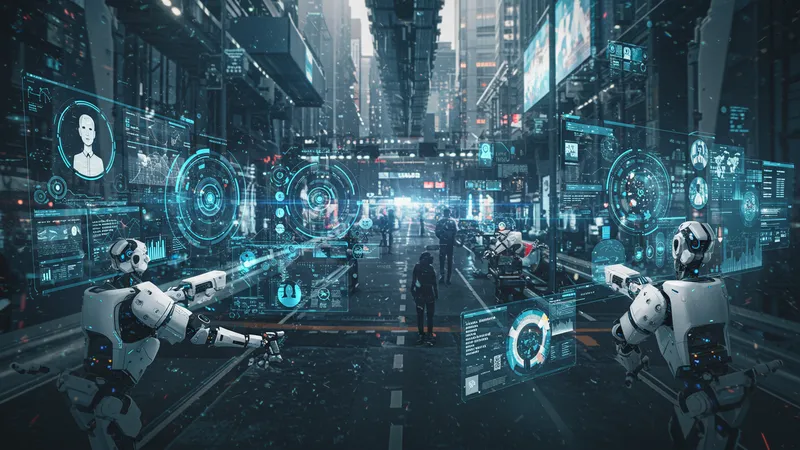
Why 2025 Will Be The Year Of Smarter Automation
Future Prospects and Evolution of Smarter Automation Beyond 2025
Looking beyond 2025, the pace of smarter automation shows no sign of slowing. Anticipated breakthroughs in generative AI, autonomous agents, and self-healing systems will support even more advanced forms of automation. Platforms like UiPath are already incorporating generative language models for hyper-personalized customer interactions and faster, smarter business process development.

ServiceNow and similar solutions are integrating with Internet of Things (IoT) devices, opening up new possibilities for real-time, automated monitoring and response across factories, offices, and urban environments. As these systems learn, adapt, and make decisions autonomously, the boundary between digital and physical automation will continue to blur.
The automotive sector is preparing for regulatory green lights that could allow for more advanced self-driving capabilities. Tesla Autopilot’s over-the-air updates and extensive sensor network are laying the groundwork for autonomous transport, signaling a profound shift in how automation may impact personal safety, logistics, and urban planning.
Businesses focused on smarter automation must remain agile, committed to ethical development, and ready to adapt to the next wave of technological change. With continuous improvement, integration, and a focus on human collaboration, the smarter automation revolution will not only define 2025—it will shape entire industries for years to come.